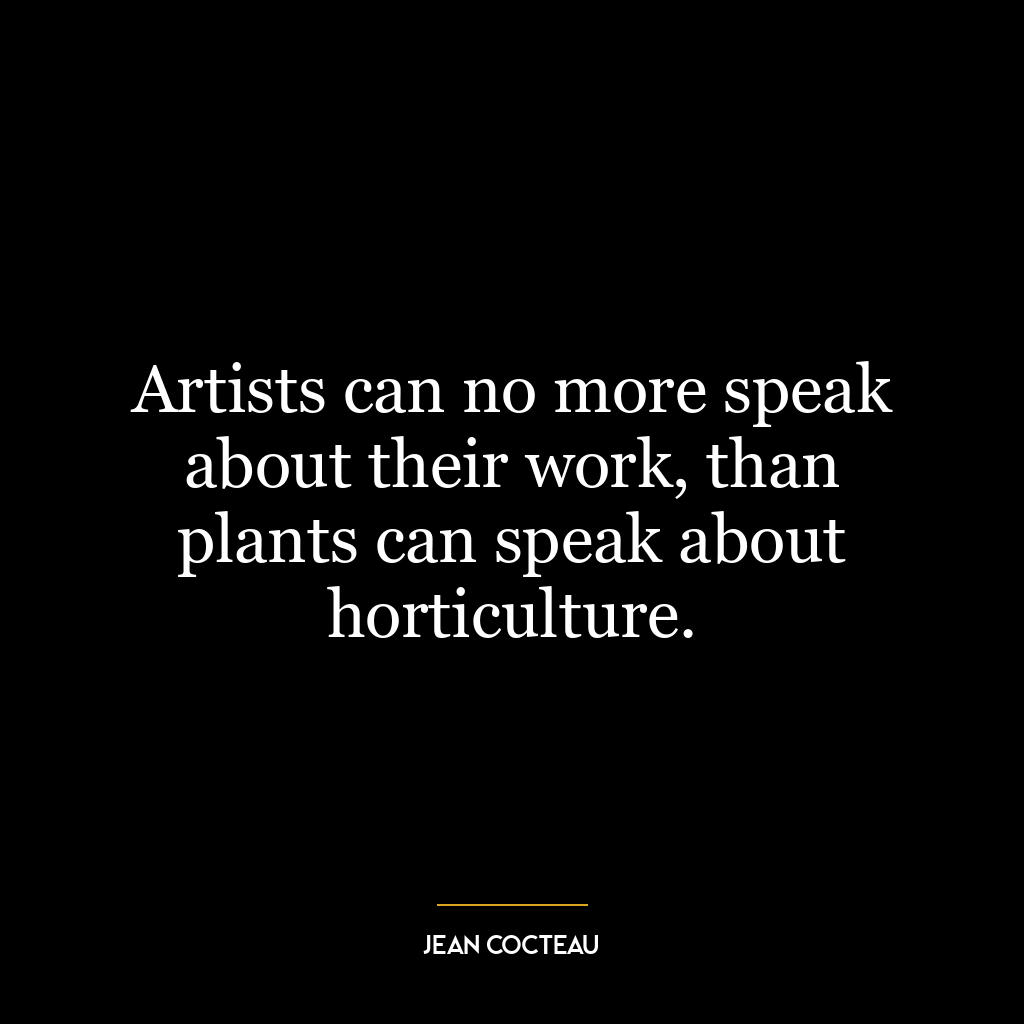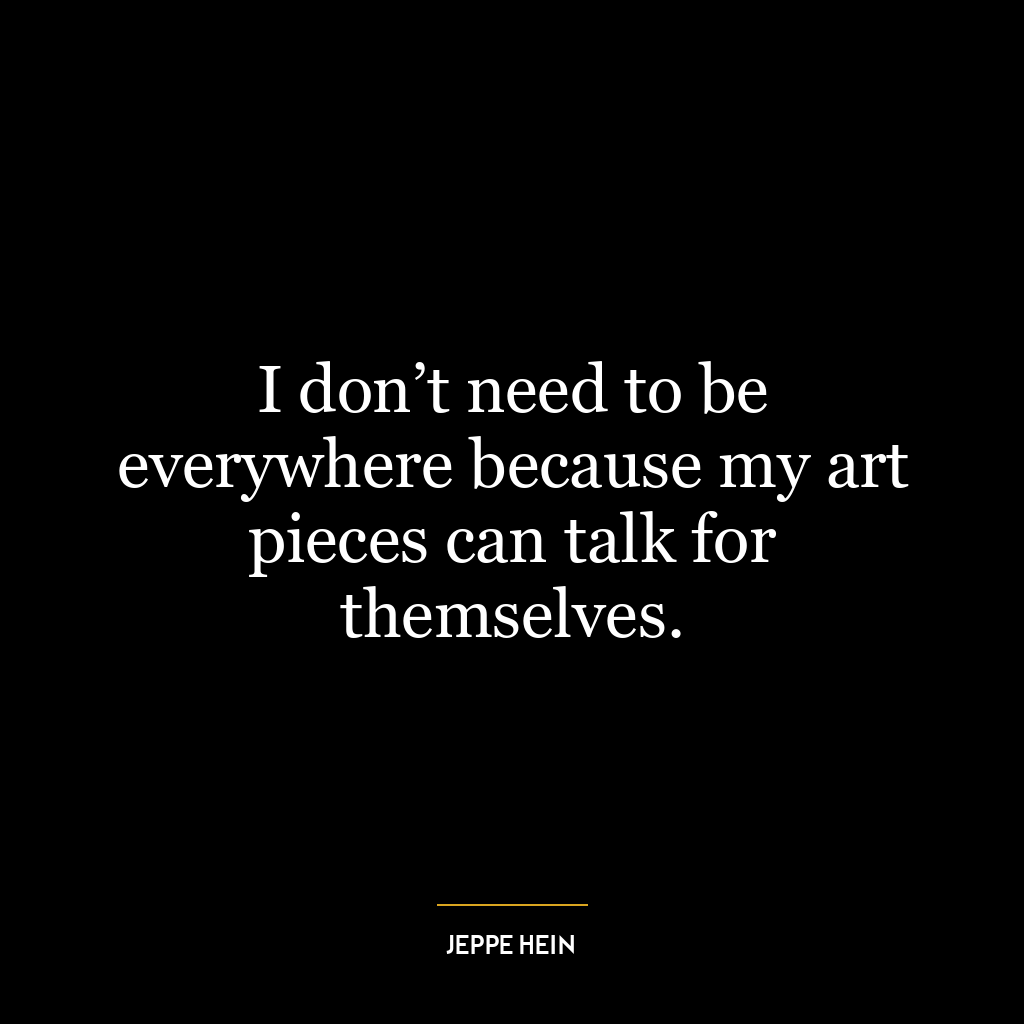If you want to make your mother happy, talk to her. If you want to make your father happy, listen.
This quote suggests that the key to making your mother happy is through communication, by sharing your thoughts, feelings, and experiences with her. Mothers often value emotional connection and intimacy which can be fostered through open dialogue. On the other hand, making your father happy, according to the quote, involves active listening. This suggests that fathers often appreciate being heard, their wisdom acknowledged, and their advice considered.
This dichotomy reflects traditional gender roles, where mothers are often seen as emotional caregivers and fathers as providers of guidance and wisdom. However, it’s essential to remember that these roles can vary greatly depending on the individual and cultural context.
In today’s world, this quote can be applied in many ways. In the context of personal development, it suggests the importance of understanding and adapting to the communication needs of different people. Not everyone feels valued or loved in the same way. Some people, like the ‘mother’ in this quote, may feel more appreciated when you share your life with them. Others, like the ‘father’, may feel more respected when you listen to their advice or opinions.
Moreover, in professional settings, understanding these differences can be crucial. Some colleagues or superiors may prefer open dialogue and sharing of ideas, while others might value being listened to more. By recognizing and adapting to these preferences, one can foster better relationships and more effective communication.
In relationships, understanding your partner’s communication style and needs can greatly improve your connection. If your partner values sharing and open dialogue, make an effort to talk more about your feelings and experiences. If they value being heard, make sure to listen actively when they speak.
In essence, the quote emphasizes the importance of understanding and adapting to different communication styles and needs to foster better relationships, whether it’s with parents, colleagues, or partners.















